
Samsung Innovation Campus
Article
Using AI to answer local problems in Apulia
Thanks to theoretical and practical knowledge gained, three Italian students developed artificial intelligence (AI) programs with the potential to help wine producers and support sustainable tourism in their local communities.
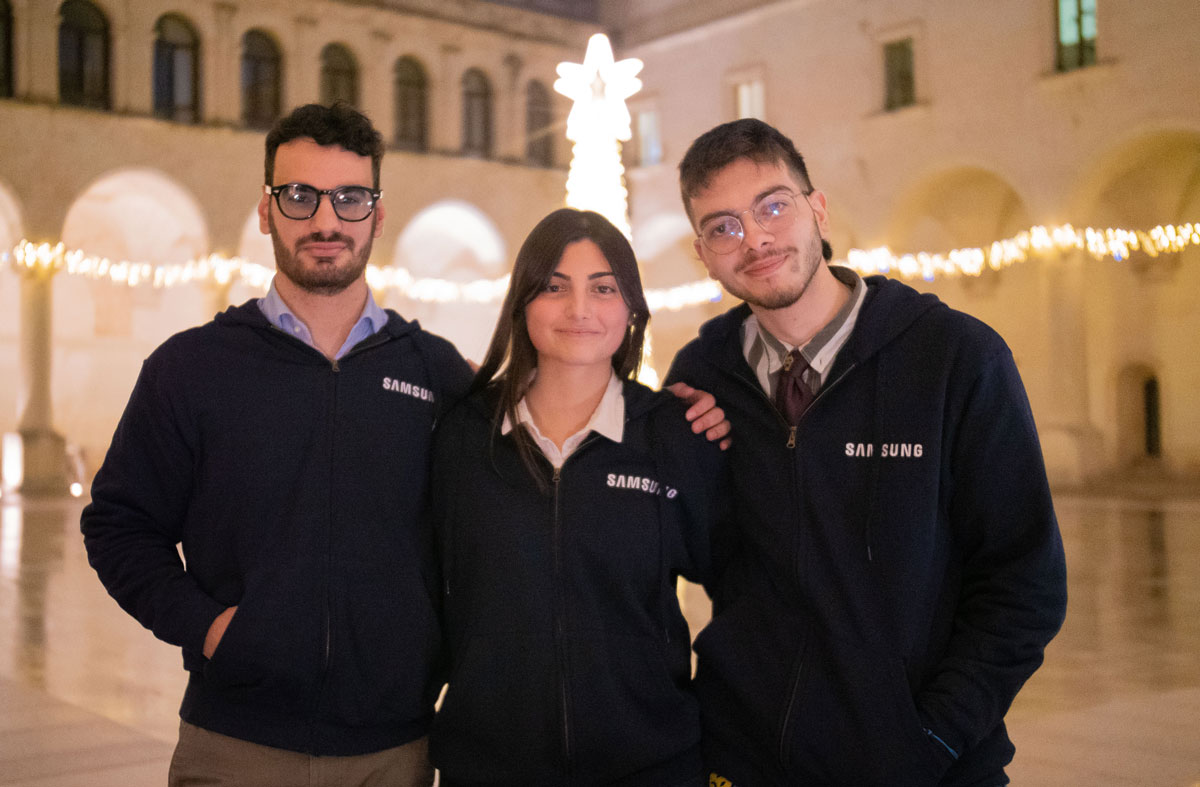
“I just can’t see technologies in the same way as before. [This course] has had an impact on my everyday life,” says Federico Rinelli, a philosophy student at Salento University in Lecce, in southern Italy’s Apulia region. He’s referring to a course he recently completed, run by Samsung Innovation Campus. It’s one he credits with giving him a new appreciation for the implications of technology.
“A deeper comprehension of technology changes the way we interact with them, how we structure our environment and the choices we make,” he remarks.
With his classmate in the course, Gaia Carparo, Federico Rinelli made good on this new perspective— they worked on a project that sought to repurpose and redevelop abandoned buildings for sustainable tourism, as well as provide transport options between different sites for travellers.
“
“We took things that actually already existed, and with minimal costs, we made them something valuable for the community,”
Apulia—famous for its beautiful coastline, Roman ruins and Baroque architecture—also happens to be one of the poorer regions in Italy. The students’ solution isn’t just one that can help local economies create jobs; it also considers benefits to the environment and how to salvage old buildings.
“We took things that actually already existed, and with minimal costs, we made them something valuable for the community,” Federico explains. His background in philosophy also played a role in helping him look closer at his surroundings, at things he had taken for granted. “We often see abandoned buildings near railways and no one knows what they were used for. And that’s when I started questioning… [and] then the [project] idea came to me.”

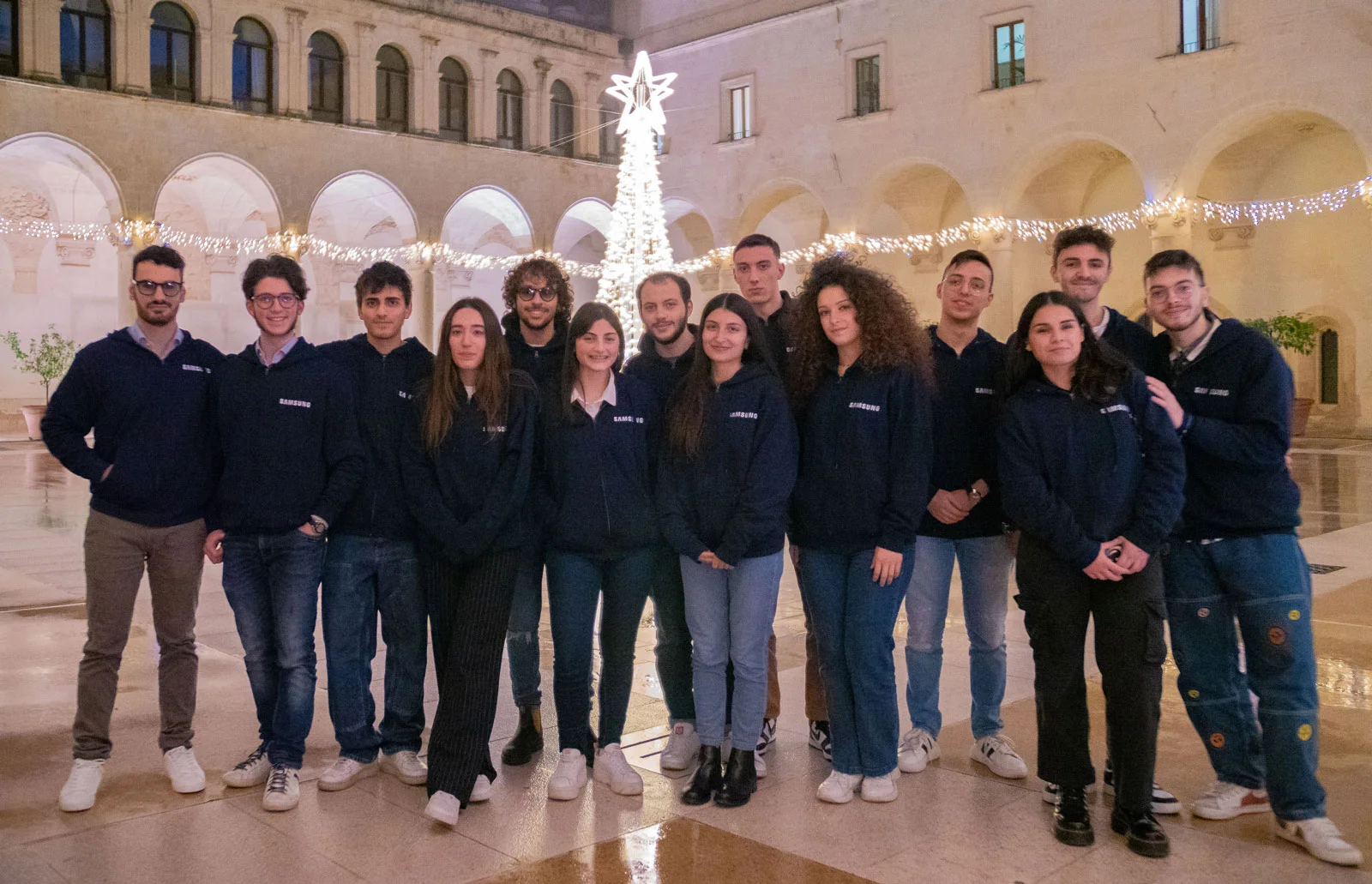
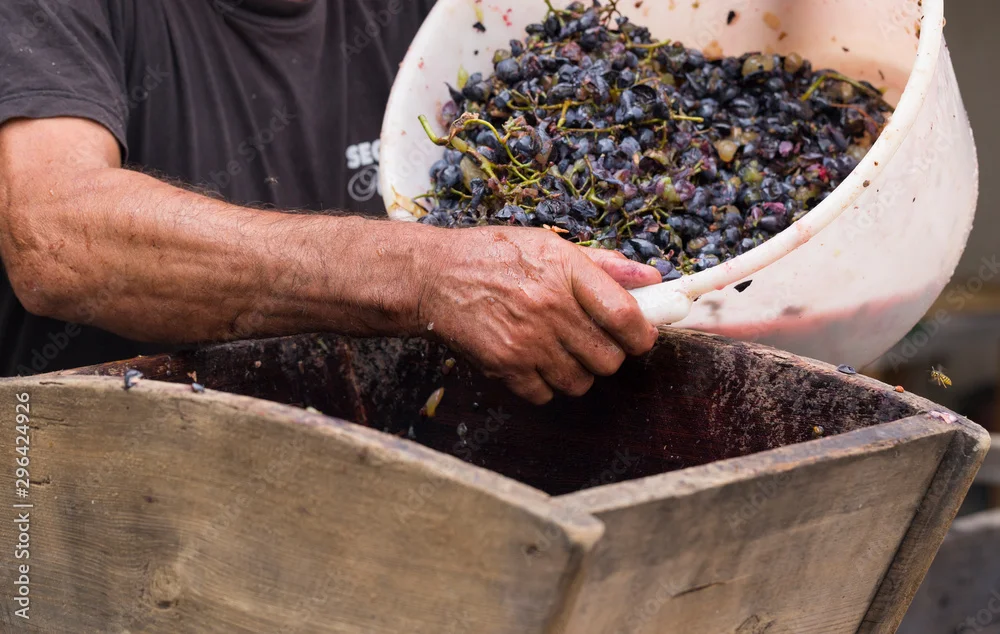
These kinds of realisations aren’t particularly unusual for students on the course. Fellow classmate, Federico Izzi, similarly had his eyes opened to different possibilities.
During what he describes as the “favourite part of the course”, the project phase, Federico Izzi helped design a program, using a combination of Internet of Things-enabled sensors and machine learning, to help improve wine fermentation in the region. “The mathematical algorithm serves exclusively to detect the correct colour of the wine (from a sensor) and, consequently, its state, during fermentation with an error margin of 3%,” he explains. The data is then combined with information gathered from other sensors, to help pinpoint and analyse the wine’s fermentation stage.
At the same time, water and energy are saved, and production costs reduced. With Apulia renowned for its wine, and the southern regions particularly hard hit by climate change, protecting the industry is becoming even more of an urgent imperative. And this innovation might just be a winning formula for wine producers.
New skills and opportunities
“
Kickstarted in 2013, the programme relaunched in 2019 under the current moniker, with some 120,000 students across 35 countries attending and benefitting so far.
Samsung’s free-to-attend courses were designed to help young people find employment in this ever-evolving world of technology, through a mix of theoretical and practical classes centred on advanced technologies—and, in these students’ case, AI. Students are guided in both in-person and online classes through a series of modules on AI. They also have access to an online platform with extra materials and resources to study in their own time. Guiding them are university professors, specialists from Samsung, and experts from fields like marketing and cybersecurity, who share their industry experience and knowledge. In tandem, students are taught a range of applicable skills that will help them propel their careers; these include marketing, how to persuasively present their ideas, and creating business plans. And this is just the first part of the course.
The second part of the course sees the students put their knowledge into practice with their capstone project. In small teams, the students brainstorm a concept that is centred on sustainability, before designing and creating it, and finally, presenting their innovations in front of specialist judges and an audience.
Kickstarted in 2013, the programme relaunched in 2019 under the current moniker, with some 120,000 students across 35 countries attending and benefitting so far.
Cross-disciplinary learning
On the Samsung Innovation Campus programme, learning also often comes from unexpected quarters. Take the recent Italian cohort of Samsung Innovation Campus. Students hailed from diverse backgrounds, from humanities to STEM. This not just made lessons more dynamic and interesting, but also helped both sides see new points of view and plug gaps in knowledge. Describing this cross-pollination of ideas, Federico Rinelli says, “the humanities and scientific disciplines are complementary… and when someone doesn’t know what to do, the other helps.”
For the three interviewees, a desire to expand their horizons and learn new tech skills initially drove their interest in the course. But through it, they’ve come to realise different things about their future—and uncovered new sides to themselves—along the way.
“
“[I’ll focus on] topics like artificial intelligence or informatics so I can contribute to areas of life sciences or technology,”
Gaia, who describes herself as “quite shy”, says her confidence has been boosted, particularly with public speaking. Federico Izzi added that he had, in addition, gained the ability to better pitch and present his ideas as part of a team.
All had started out with an interest in technology, and this has been further deepened and refined thanks to the course. Gaia, who studies mathematics at Salento, now has a clear vision of her path ahead—studying applied mathematics. “[I’ll focus on] topics like artificial intelligence or informatics so I can contribute to areas of life sciences or technology,” she explains. Federico Izzi, who studies marketing at the same university, has similarly found a new ambition for his future career: working for tech companies in order “to use my ideas to create something new.”
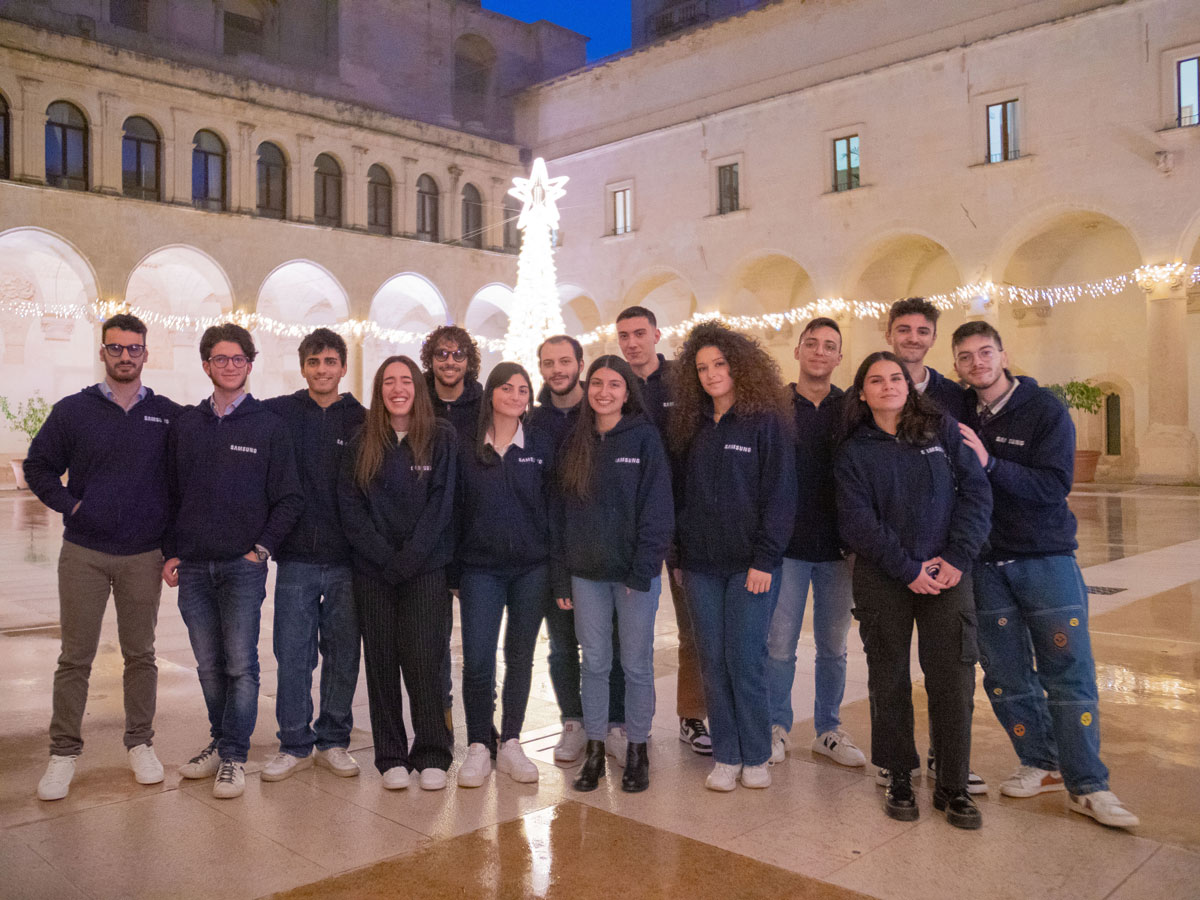
The way forward
Samsung Innovation Campus has meant so many things to its alumni: new-found confidence, a fresh take on the world, a like-minded community, even discovering new possibilities for the future. And what appear as private benefits have the potential to reverberate so much further—amplified with each graduating class, in the countries it is offered.
In just a matter of months, Federico Izzi, Federico Rinelli and Gaia conceptualised and created AI-based systems that hold the promise of supporting their local communities in sustainable and innovative ways. With such ideas, skills and ambition present, imagine what could come next.

Snapshot: Samsung Innovation Campus
What is it:
Samsung Innovation Campus helps prepare young people for tomorrow’s information technology workplace by equipping them with skills in new and emerging technology through hands-on training and classroom teaching.
The programme builds on Samsung Electronics’ previous work developing core IT competencies among students and unemployed youths, and also helps them develop crucial soft skills so they will become proactive problem-solvers.
Numbers at a glance:
⦁ Samsung began offering technological training programs for adolescents and unemployed youths in 2013
⦁ Launched Samsung Innovation Campus in 2019
⦁ Courses taught include coding and programming, artificial intelligence (AI), big data and the Internet of Things (IoT)
⦁ Develops soft skills like creativity, communication and empathy
⦁ Active in more than 30 countries around the world
⦁ Some 120,000 students have participated since 2019
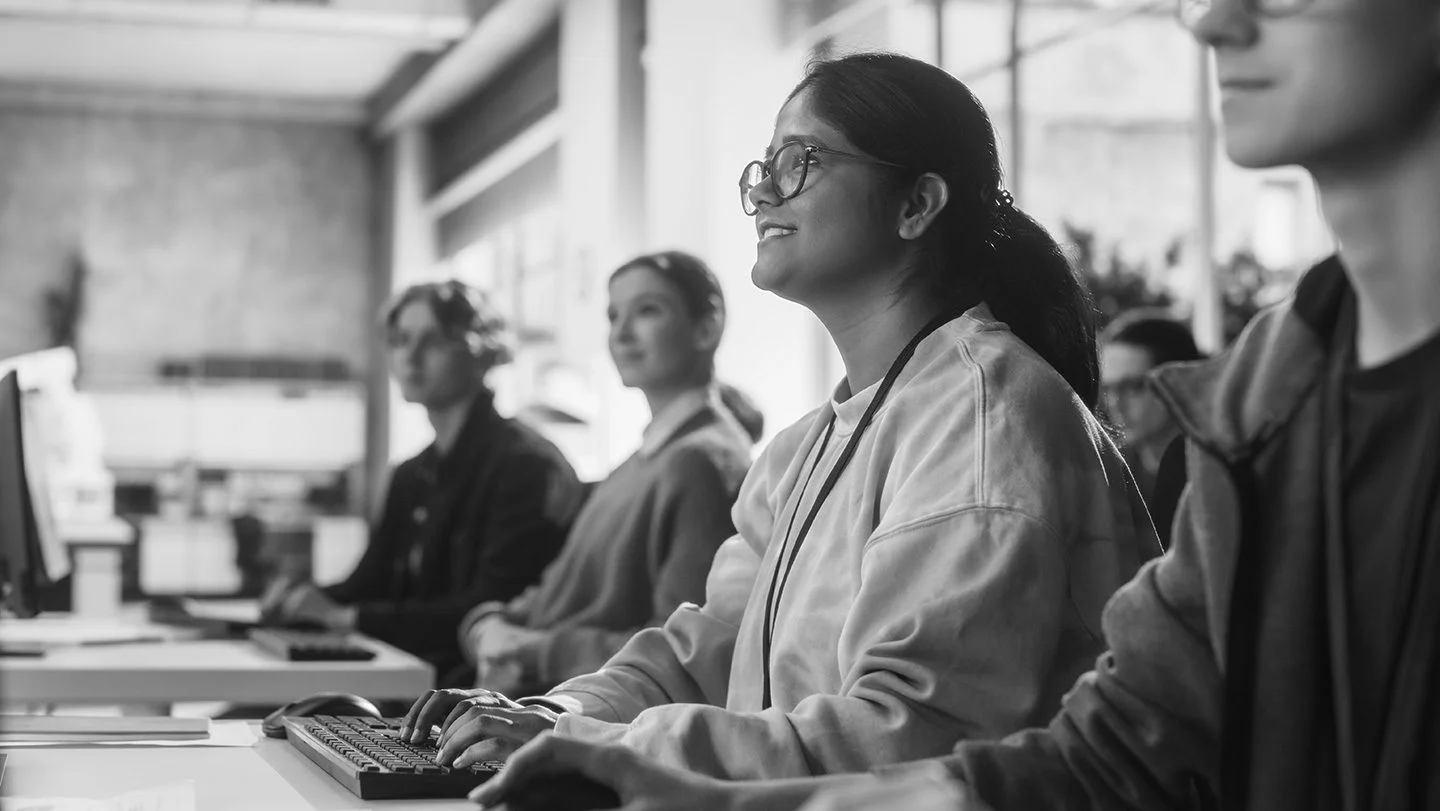

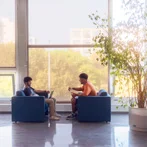
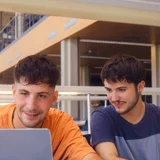
AI as a potential aid for mental health professionals
What do you get when you cross newfound skills in artificial intelligence with a love of languages and the desire to make a difference? A tool that aids therapists with supporting mental health.
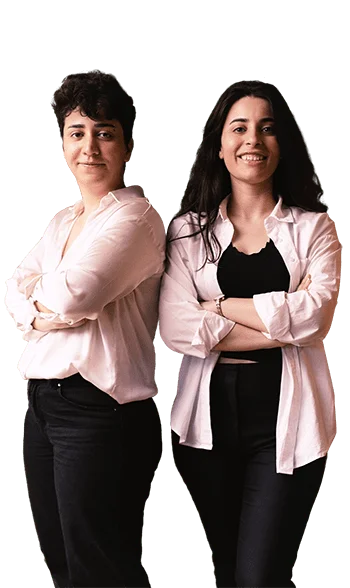
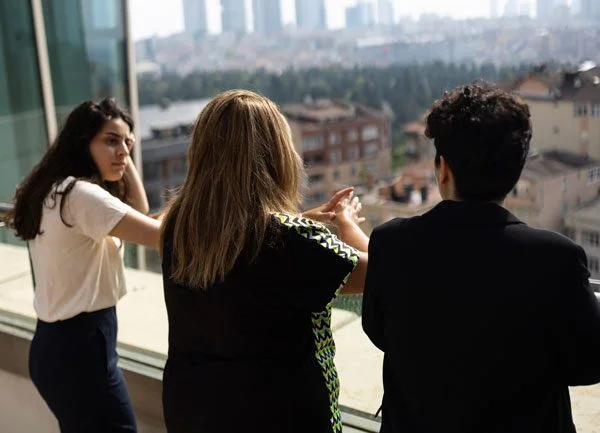
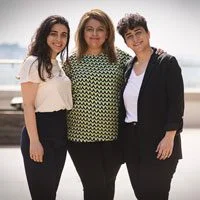
Spotting wildfire risks with AI technology
What happens when you equip young people with advanced artificial intelligence (AI) skills? A solution that can help in the fight against one of the most pressing global issues—climate change
Bringing young tech leaders to greater heights
Samsung Electronics’ corporate citizenship programmes aim to inspire and educate younger generations, guiding students around the world towards achieving their dreams. Behind the scenes of these programmes are Samsung employees who devote their time, energy and effort to creating a better tomorrow.
This series spotlights the beneficiaries of one of Samsung’s youth education programmes—Samsung Innovation Campus—and tells the stories of how this unique programme that is held globally equips young people to become the next generation of leaders and changemakers.
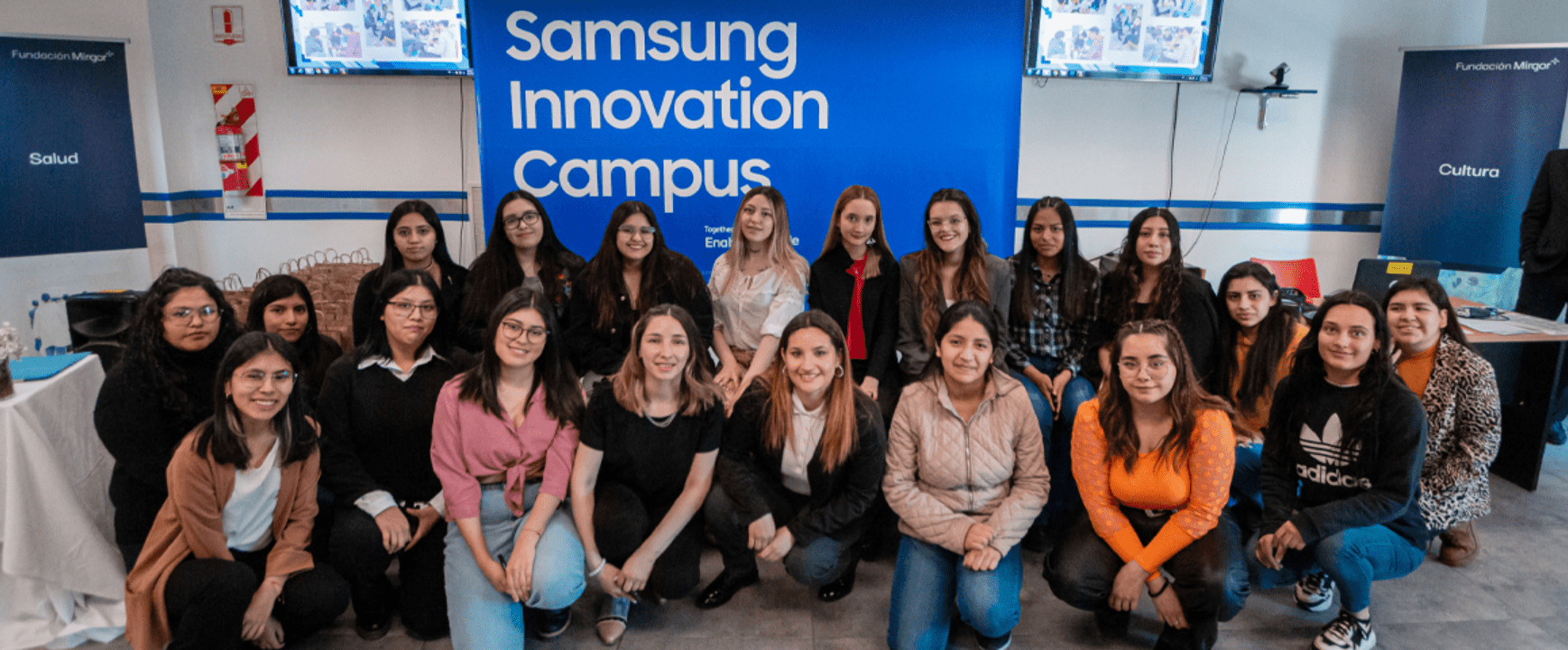
Argentina: Driving positive changes for future talent
Samsung Innovation Campus in Argentina is constantly innovating, and has a particular focus on supporting female students, who are less visible in the field of STEM. In fact the programme started a course in 2022 just for them, on the Internet of Things.
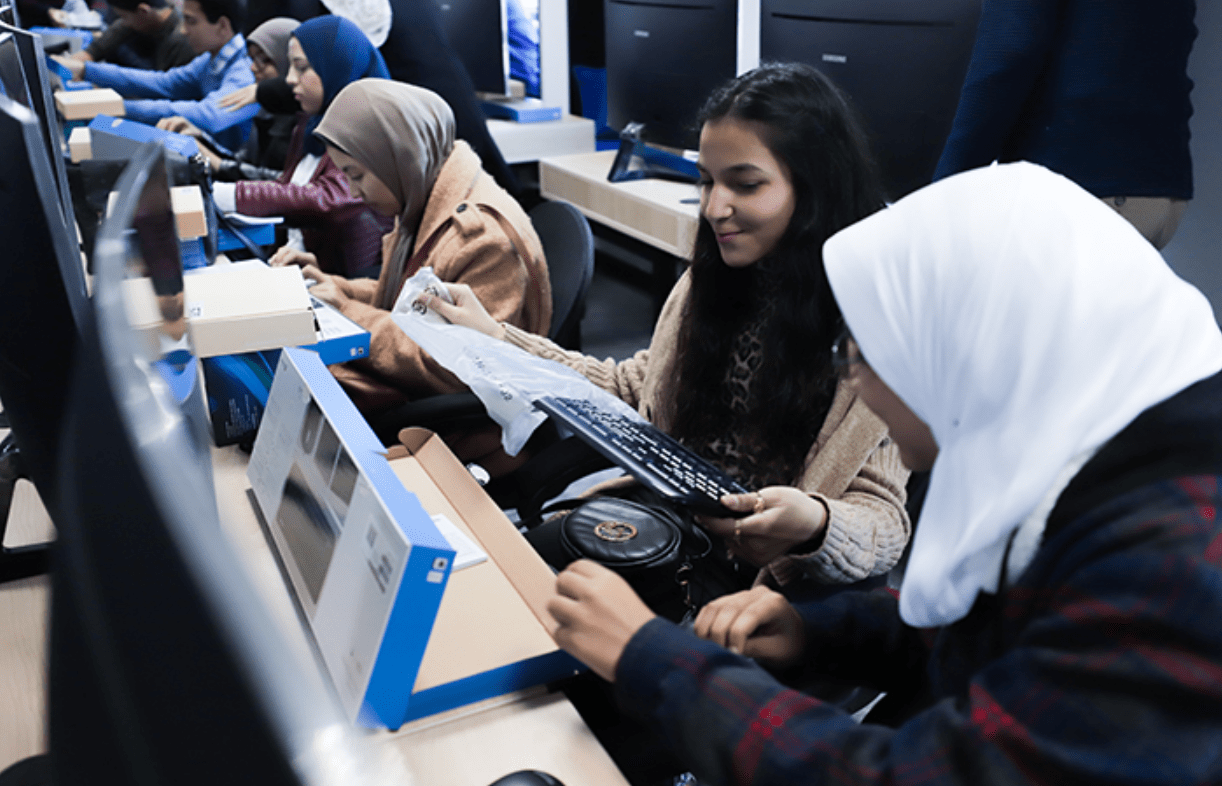
Egypt: Helping young people learn the language of the future
In Egypt where 60% of the population is under the age of 30, Samsung Innovation Campus allow youth to pick up tech skills that will equip them to lead innovation.
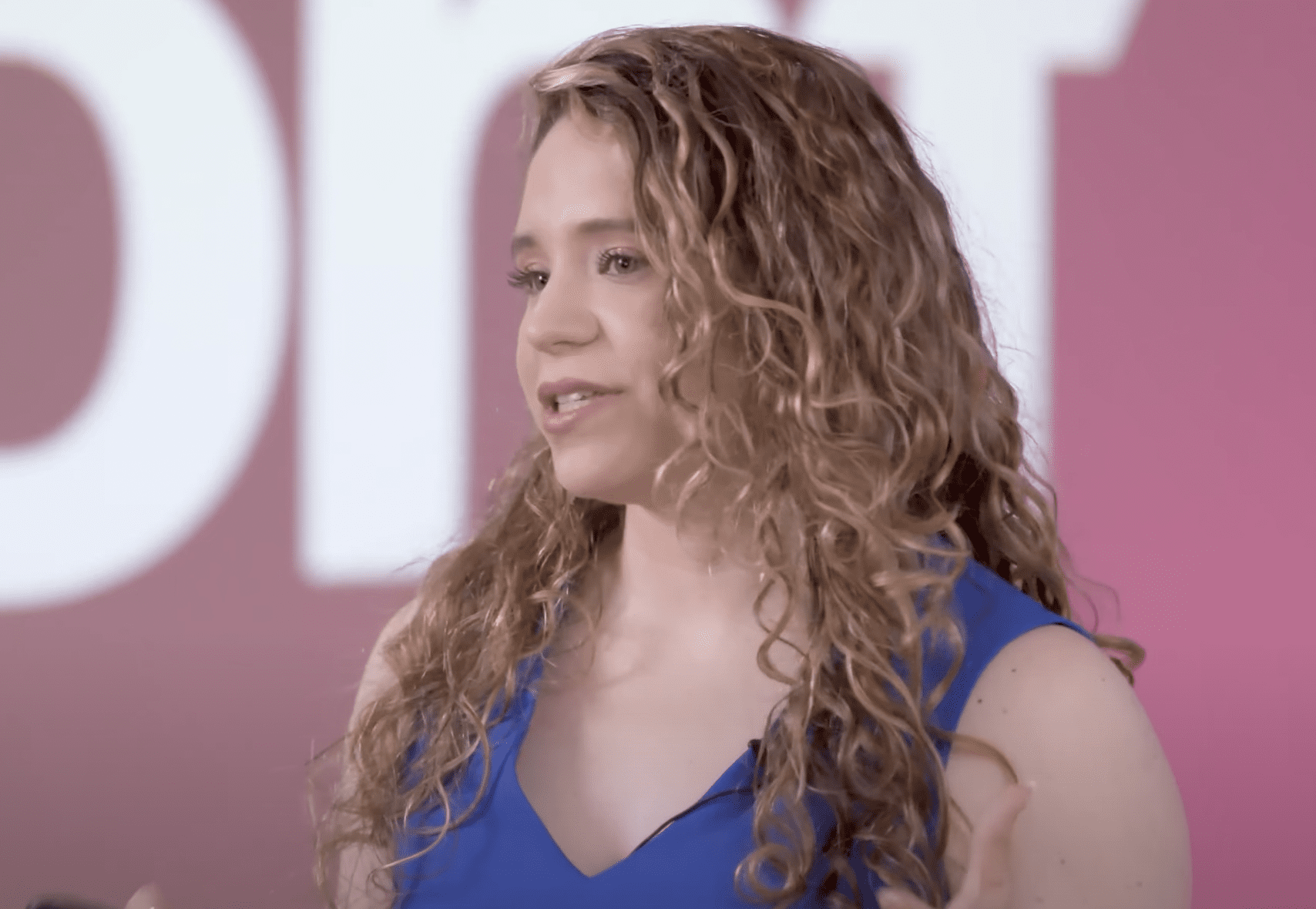
America: Closing the gender gap with tech education
Consisting of a seven-month virtual curriculum designed by Samsung Electronics America, Samsung Innovation Campus in America offers millennial and Gen Z women practical education in emerging technologies.
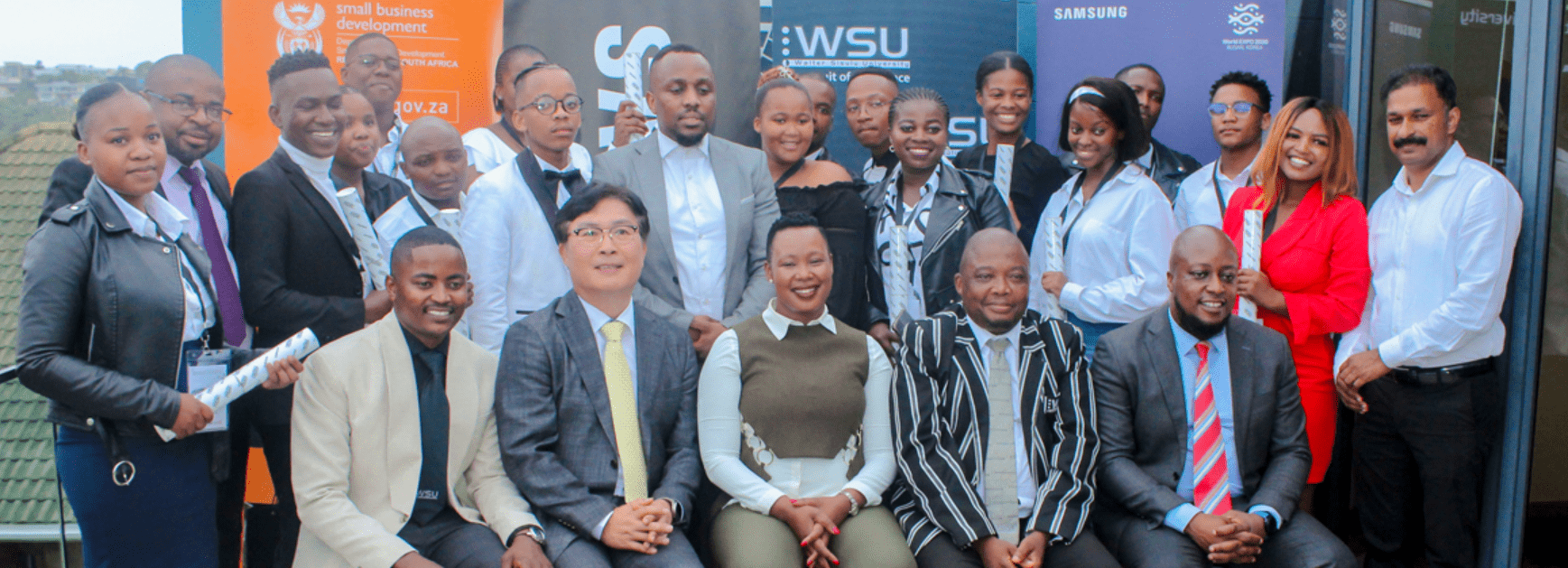
South Africa: Equipping for careers in the tech sector
Launched in 2022, Samsung Innovation Campus in South Africa is a partnership with the Walter Sisulu University to boost youth employment in the country’s technology sector that has seen 20 students so far benefiting from the year-long programme.
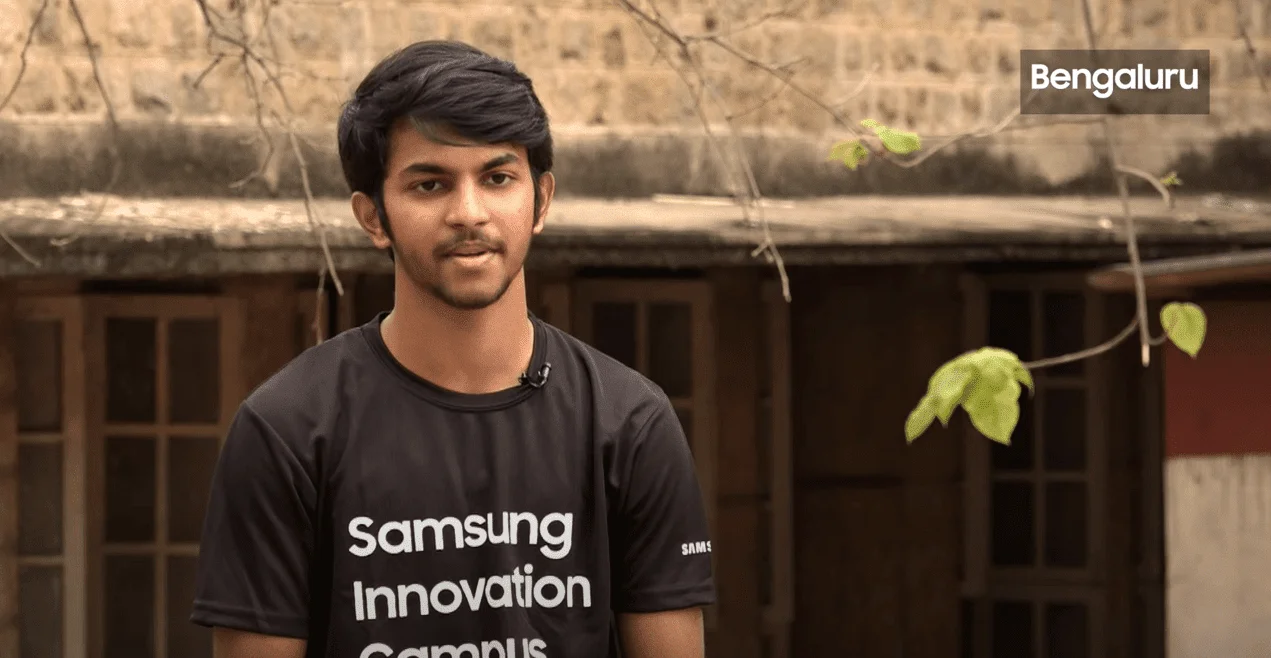
India: Preparing youths to be industry‑ready
As part of the company’s commitment to being a strong partner of India, Samsung Innovation Campus is working alongside the government to meet its mission of empowering the country’s youth.
Under its CSR vision of “Together for Tomorrow! Enabling People”, and through its educational programmes, Samsung Electronics empowers the next generation to achieve their full potential and pioneer positive social change. The end goal: to provide quality education and equal opportunities for every young person.
Produced by EI Studios for
